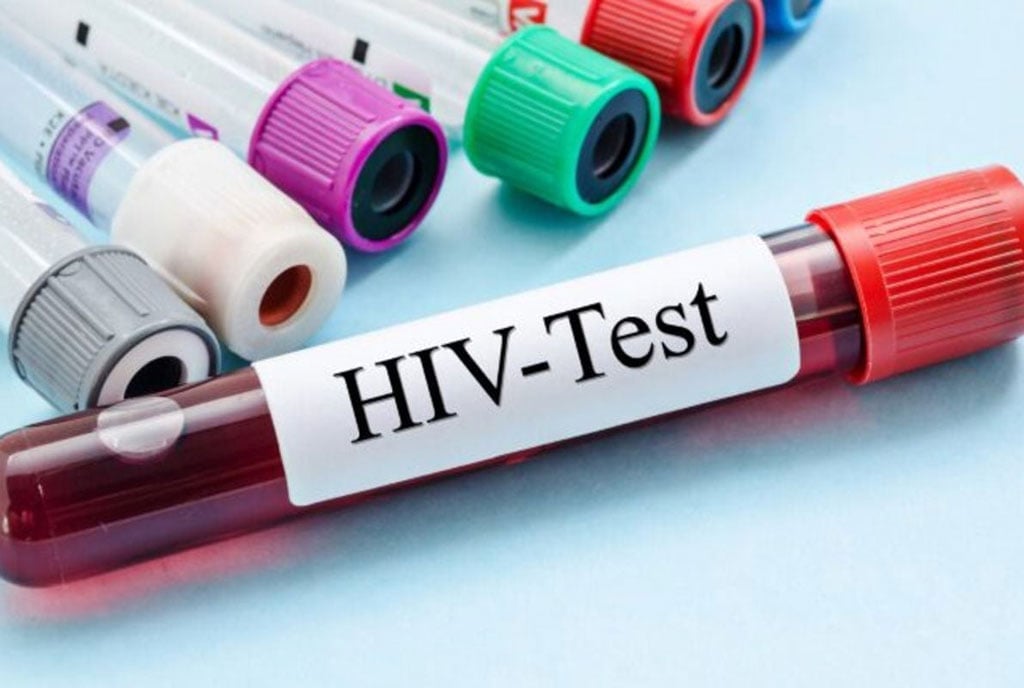
WEF’s annual survey of public and private sector chief economists is relatively upbeat about Africa but geopolitical rifts could hit global growth.
65% of chief economists polled by the World Economic Forum (WEF) expect moderate growth in sub-Saharan Africa this year, compared to 35% who expect weak growth.
The survey of chief economists from the public and private sector, conducted by WEF’s Centre for the New Economy and Society and released to coincide with the beginning of Davos 2024, finds that 56% expect moderate inflation in sub-Saharan Africa this year, compared to 36% who anticipate high or very high inflation.
In the Middle East and North Africa, growth expectations have slightly weakened,
“reflecting broader uncertainty about the trajectory of the Israel-Hamas war and its
implications for the wider region.” Although 61% still foresee moderate or stronger growth in 2024, regional prospects remain clouded by weak oil demand and a sharp contraction in tourism.
Indeed, the economists’ expectations for the world as a whole are more muted, with 56% of chief economists expecting the global economy to weaken over the next year, compared to 43% who expect unchanged or stronger conditions.
The change in the outlook for Europe is particularly stark, with the share of respondents expecting weak or very weak growth almost doubling to 77% since September. In the US, the expectations are significantly weaker too, with 56% foreseeing moderate or higher growth in 2024, compared to 78% in the previous survey. Both economies confront tight lending conditions, a slowdown in manufacturing and exposure to geopolitical rifts.
Still, not all regions are expected to struggle in 2024. The outlook for South Asia and East Asia and Pacific remains positive and broadly unchanged compared to the last survey, with 93% and 86% expecting moderate or stronger growth for South Asia and East Asia and Pacific, respectively. China is a notable exception as weak consumption, lower industrial production and distress in property markets weigh on the prospects of a stronger rebound in 2024.
Risks of global rifts
Worryingly for Africa, overall global underperformance is expected to widen regional divergence geo-economic rifts.
Almost seven out of ten chief economists expect the pace of geo-economic fragmentation to accelerate this year. The majority of respondents say it will stoke volatility in the global economy (87%) and in stock markets (80%). 86% expect recent geopolitical developments to increase localisation, while 80% think it will strengthen geo-economic blocs.
Almost six out of ten (57%) expect it to increase inequality and widen the North- South divide in the next three years. The costs of fragmentation are projected to be significantly higher for low-income economies, reaching up to 4% of global domestic product (GDP), and almost double that of advanced economies.
“Growth forecasts remain vulnerable to an increased risk of shocks. The geopolitical rifts highlighted as a source of global economic volatility in the last survey have since increased with new conflicts erupting or worsening in Africa, the Middle East and Latin America. While economic headwinds remain contained, these escalations risk rupturing supply chains and sending shockwaves beyond the commodity markets. Further uncertainty hinges on the outcomes of election cycles in the coming year,” the authors write.
One notable point of disagreement among the chief economists is the likelihood that geopolitical tensions will result in a significant rupture of global supply chains in the next three years. Only 36% of respondents think potential disruptions are likely, another third is uncertain and another third believe they are unlikely.
The post WEF Davos 2024: Moderate growth projected for sub-Saharan Africa amid tough global climate appeared first on The Business & Financial Times.
Read Full Story





















Facebook
Twitter
Pinterest
Instagram
Google+
YouTube
LinkedIn
RSS